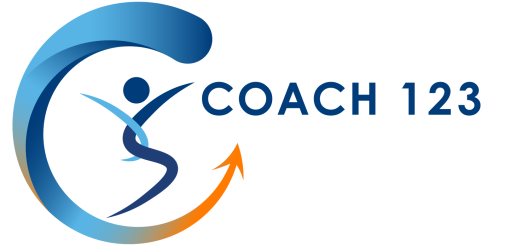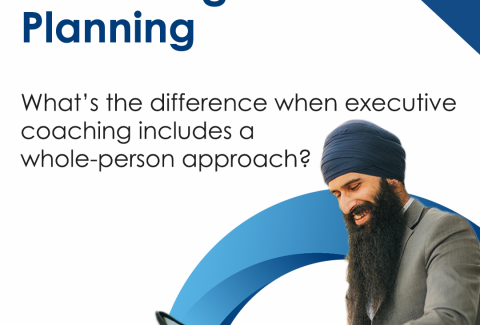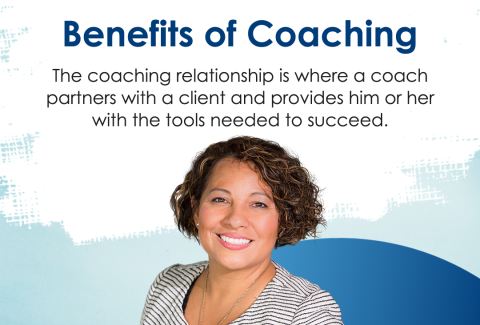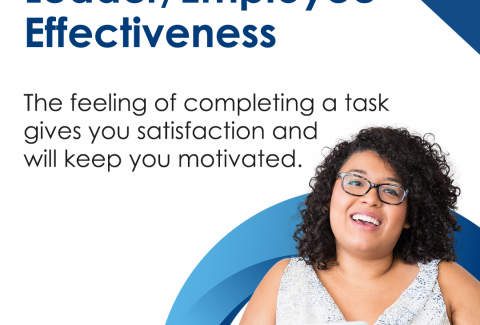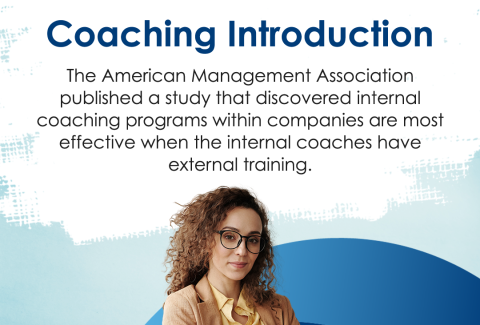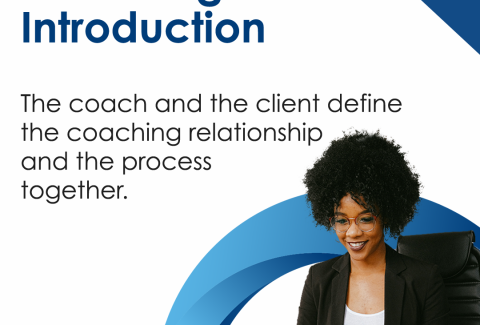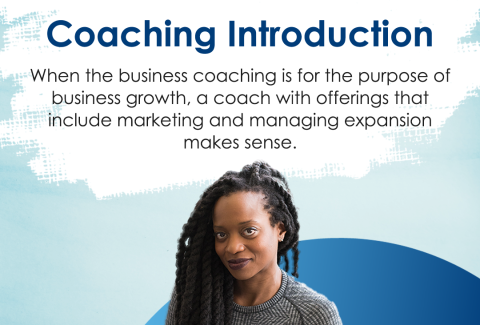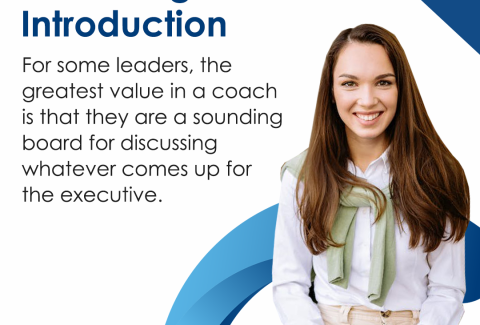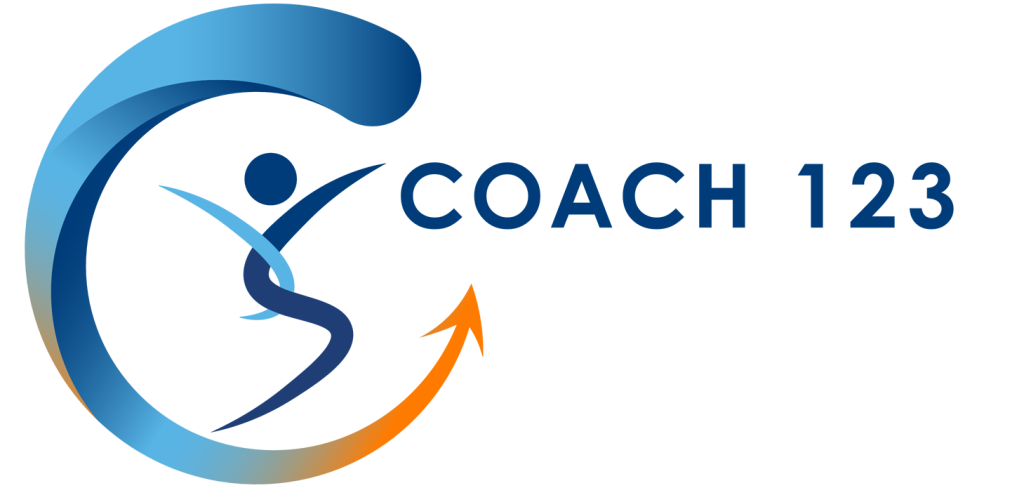The Paradox of Coaching
The Paradox of Coaching
Coaching is a skill that is used by leaders, mentors, trainers, therapists, counselors, consultants, and more. Leading, mentoring, training, therapy, counseling, and consulting are inappropriate when coaching.
Some still mistakenly use the terms coaching and mentoring or coaching and training interchangeably.
Developing professionally starts with training to learn skills that support professional success. Then you progress to mentoring to learn from someone else’s experience. Consulting is an opportunity for expert advice. For advanced development for advanced results, you partner with a coach to realize your full potential and work toward your long-term goals.
Training is the first step in anything new
Training is a common thread across any profession or industry. Almost everyone who ventures out into a new field, career, or workplace undergoes some degree of training. Additionally, many professions require specific training and certification.
For example, a new employee is typically trained through onboarding and orientation, an overview of the work they do, their roles and responsibilities, etc. Doing so gives the new team member an idea of what their role and day-to-day activities are in their new team.
The main responsibilities of a trainer include:
-
Assessing learning requirements
-
Designing and developing training programs
-
Managing learning environments
-
Providing information
-
Creating learning exercises
A trainer is responsible for teaching someone how to do something through direct instruction. Their role is to give an individual the information and to ensure that the environment allows that information to be absorbed.
Consultants identify problems and create applicable solutions
In consulting, someone comes in and analyzes what’s happening. That person then gives their client advice on what to do and how to do it.
Let’s continue with our new team member example above.
After the team member has assimilated into their new role, they may identify a problem or inefficiency that is beyond them and their organization to solve. Thus, the team may call on the services of a consultant familiar with the particular area from which the issue has arisen. The consultant analyzes the situation, draws conclusions, and presents their findings to the team, giving the team a blueprint to solve that and similar problems in the future.
While the consultant’s findings may help teach the team about the area or specialty in question, that is a secondary outcome. The primary goal of consulting is to understand and solve a particular problem and instruct the client with regard to implementing that solution.
A lot closer to a trainer than to a coach, a consultant’s role is to understand the situation at hand and tell someone what to do to solve it.
Mentors pass on their experience and knowledge
Mentoring is where you have somebody with a wealth of experience and knowledge passing on or imparting their expertise to someone else. This pertains to the relationship between two people with the goal of professional and personal development.
In an organizational setting, a mentor is someone who teaches or gives help and advice to a less experienced and often younger person. We call them the “mentee.”
Simply said, a mentor takes on the role of providing expertise and offering input to a mentee. A mentor can show their mentee the how and why of things through their prior experiences and learnings, and pass those onto their mentee directly.
A mentor is somebody who has a lot of wisdom and their role is to pass on that wisdom to a less experienced professional by connecting them with others, helping them build their network, and helping them understand the politics of an organization.
A great mentor often has coaching skills and uses those skills in the mentoring relationship. However, when you look at the coaching competencies and Code of Ethics, you’ll see that it is not the job of coaches to tell somebody what to do.
Coaching skills can apply to training, consulting, mentoring, and their different methods and goals.
The paradox is that training, consulting, and mentoring skills cannot be used when coaching because those roles are different from what coaches do: a trainer, mentor, or consultant are engaged to give you advice. They are analyzing your problems and coming up with solutions to them, or passing on their expertise or experience. Conversely, a coach supports their client by identifying the options, barriers, solutions, and actions to or realize their personal and professional goals.
Coaches have a specific job description—it focuses on providing the process and holding the client as their own best expert—so incorporating training, consulting, and mentoring skills into coaching is inappropriate and risks the partnership and equal footing of the coach and client.
Coaching is a partnership
The International Coaching Federation itself defines coaching as “a partnership with clients in a creative and thought-provoking process that inspires them to maximize their personal and professional potential.”
What does a coach do?
-
Elicits the focus and expertise of the client.
-
Provides the process for the client to strategize and plan.
-
Empowers the client to make decisions and determine actions.
-
Asks the client how their plan is going and what they will adjust.
-
Affirms client progress and success.
You will notice while other professionals tell people what to do or how to do it, a coach provides the process for the client to explore and find their own answer. They act simply as a partner, holding clients as fully empowered to make their own decisions, strategize, and put their plans into action.
Successful coaching requires trained and experienced coaches
Not all coaching is created equal.
Frequently, when organizations want to develop a coaching program, they create coach training internally. This usually proves to be a mistake because the internal team lack the knowledge of coaching, the competencies, and the coaching ethics. Internally trained coaches might be excellent trainers, facilitators, mentors, consultants, or leaders; rarely do they have the level of knowledge to be great coaches.
It takes a truly well-trained and experienced professional to engage successfully in the coaching process, the core to which is the competencies and process to partner with clients so they develop their own strategies.
Trained coaches understand, at a fundamental level, how to communicate openly with interest and curiosity through the coaching process so clients work out answers on their own. A truly great coach understands and is proficient in the process of coaching. A great coach is trained in how to develop rapport and to use the coaching process so the partnership is successful.
Who is likely to hire a lawyer who lacked a law degree and license? Equally important is to engage a coach who is trained and credentialed. The research shows that the Return on Investment, ROI, for coaching averages 600%; it is dependent on the coach following the process using the coaching competencies and ethics.
Professionals of all types are trained. Professional coaches are also trained.
When somebody pursues a credential for coaching, they complete coach training hours, gain experience, work with a mentor coach, and get assessed coaching a client. For the assessment, if a coach is giving instructions, giving them directions, or advising, it is outside the role of the coach and a direct fail. Giving advice, instructions, or directions to a client means the prospective coach failed to stay in their role as a coach. This is also detrimental to the idea that the coach and the client are on an equal footing during their coaching relationship.
Coaching is a partnership. This means coaches engage in a meaningful conversation with clients so they are considering different possibilities and approaches to addressing whatever situation they are focused on.
The client explores the possibilities and chooses. From there, they move into developing their own strategies and their own action plan.
… and when clients create the plan, they own it. It’s theirs. That’s the reason they follow through.
That’s the reason coaching empowers people in their journey to realizing their goals.
